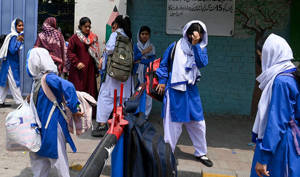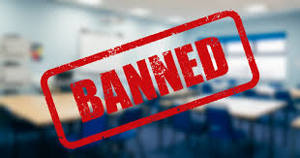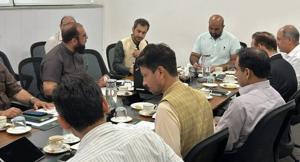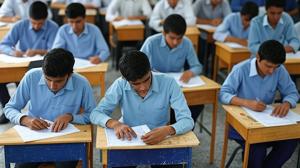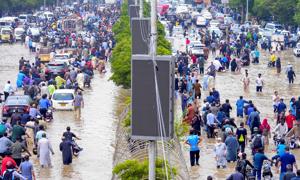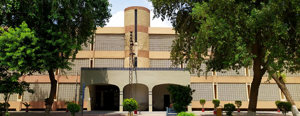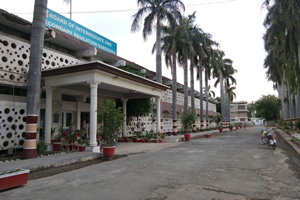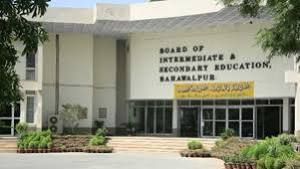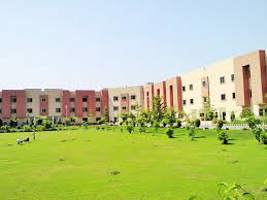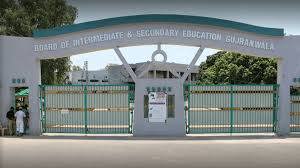The Punjab School Education Department has introduced a major policy change that directly impacts thousands of government teachers across the province. In a decisive move aimed at improving the quality of education in public schools, the department has banned all government teachers from working in private schools and academies. Officials have made it clear that any violation of this directive will result in strict disciplinary action.
The announcement has sparked debate in the education sector, with some praising the decision as a much-needed reform, while others argue it may create financial challenges for teachers who rely on additional income from private institutions.
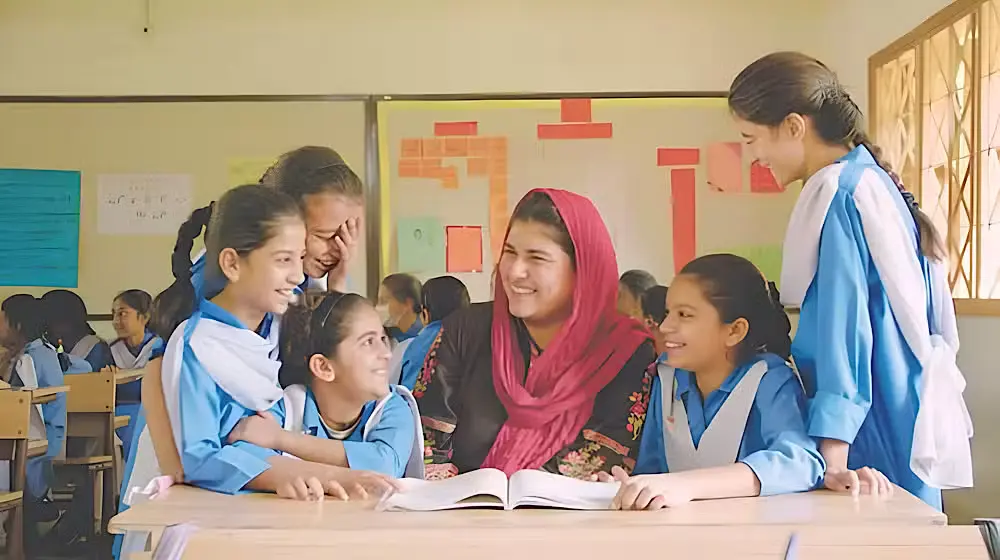
Reason Behind the Ban
According to official reports, many government teachers were engaged in teaching at private schools and academies, often during official duty hours. This divided attention, authorities believe, has directly impacted students in public schools who are already struggling with issues such as poor results, lack of resources, and absenteeism of staff.
The Punjab School Education Department stated that teachers must dedicate their full professional time and energy to their primary responsibility — educating students in government schools. Officials observed that some teachers prioritized their private tuitions or academy classes over government classrooms, leaving students neglected.
Education analysts argue that the quality of education in government schools has been under scrutiny for years. Recent matric and intermediate results showed declining performance in several districts. The department believes this ban will ensure that teachers are present, attentive, and committed to their government school duties during working hours.
Strict Monitoring and Accountability
The department has also announced that teachers’ professional activities will be closely monitored in the coming months. District education officers and school heads have been instructed to report any violations immediately.
A monitoring mechanism will be developed to identify teachers who continue working in private academies despite the ban. Those found guilty will face disciplinary measures, which may include suspension, salary deductions, or even termination in severe cases.
Officials highlighted that the aim is not to punish teachers unnecessarily but to encourage them to perform their government duties with dedication. The education department stressed that government schools must be strengthened, and this is only possible if teachers fulfill their responsibilities without external distractions.
Financial Concerns of Teachers
While the government insists that this step is taken in the best interest of students, many teachers have raised concerns regarding their financial stability.
For years, teaching in private schools and running evening academies have provided government teachers with a significant source of additional income. With salaries in government service often considered insufficient, especially for junior teachers, many relied on private tuition to meet household expenses.
Education unions have expressed reservations, urging the government to reconsider or provide alternatives. They argue that instead of imposing a blanket ban, the government should have regulated private teaching practices, perhaps allowing teachers to work in private institutions after official school hours.
Some union leaders have hinted at possible protests if the government does not address their concerns. They argue that without improving teachers’ pay and benefits, such bans may discourage talented individuals from joining the public education sector.
Public Response to the Ban
The response among parents and students has been mixed. Parents of students enrolled in government schools have largely welcomed the ban, expecting improved teacher attendance and performance. Many parents had complained in the past that teachers were more active and dedicated in private academies while neglecting their government school duties.
On the other hand, parents of students enrolled in private academies are concerned about losing access to experienced government teachers, who often play a crucial role in preparing students for board exams.
Education experts suggest that the government must strengthen professional development programs and introduce financial incentives to keep teachers motivated while preventing them from seeking outside employment.

.gif)












.png)

